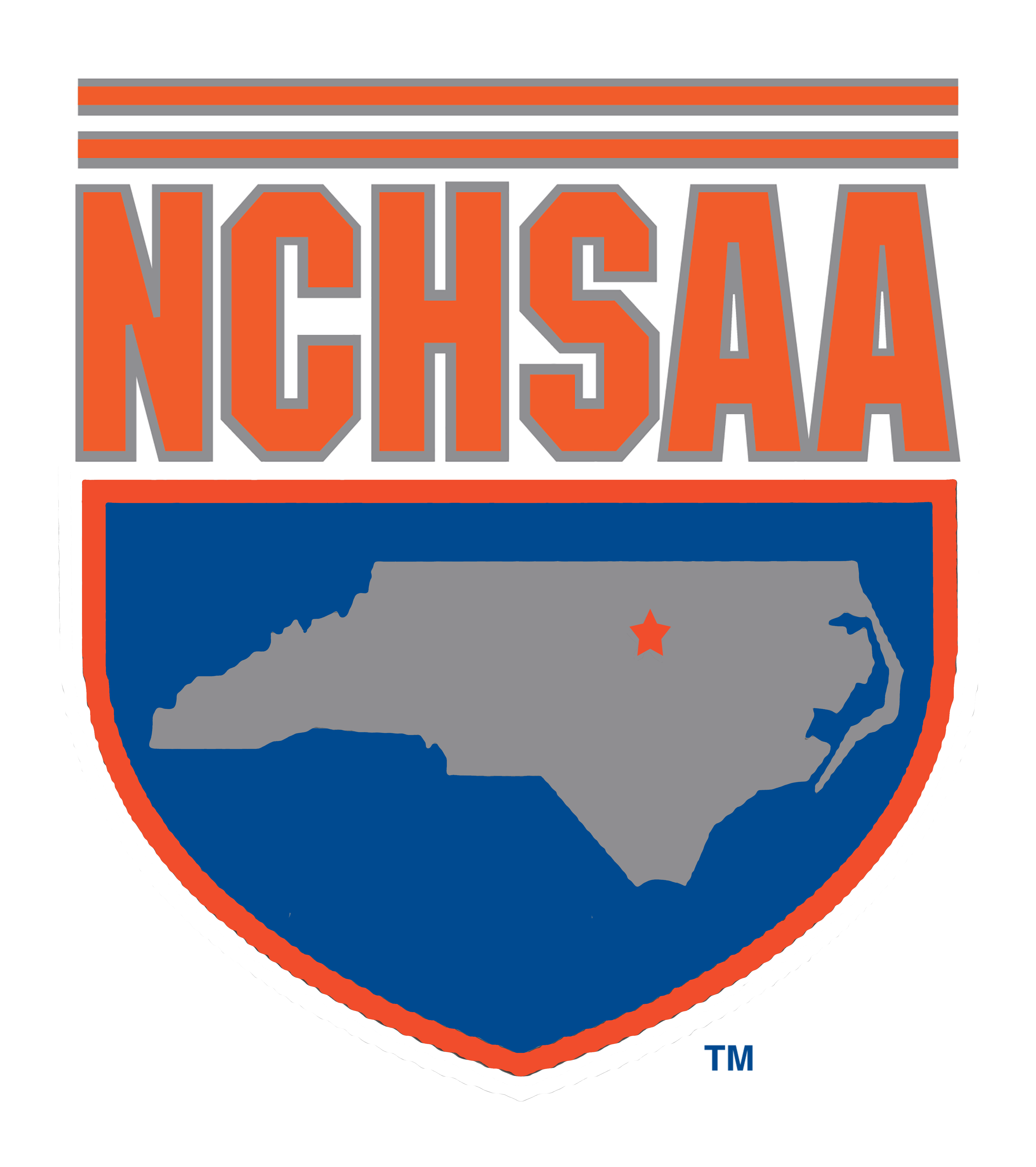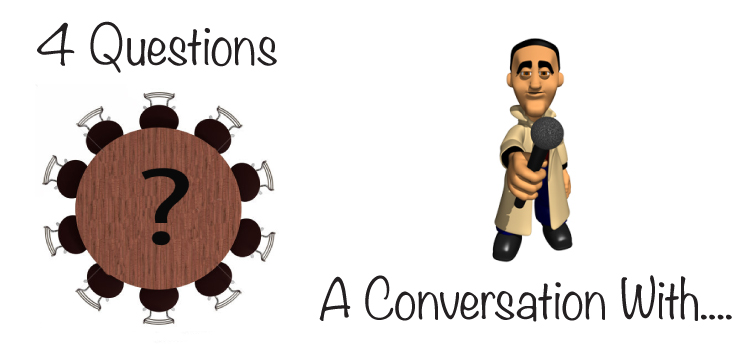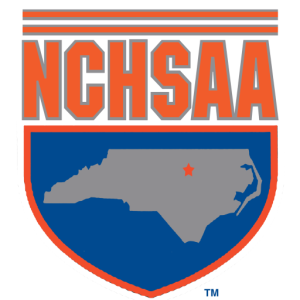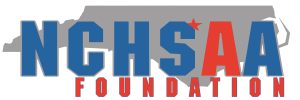Davis Whitfield is commissioner of the North Carolina High School Athletic Association and has been in that role since January of 2010. An outstanding athlete at Rosewood High School, he played collegiate baseball at East Carolina before transferring to the University of North Carolina, where he continued his career and from which he graduated. He came to the NCHSAA after a stint with the Atlantic Coast Conference office and has initiated a number of innovations in an effort to make the NCHSAA “the national model” among high school associations.
What are a couple of the major changes that people may notice this year with the North Carolina High School Athletic Association?
One major change has to do with our staff. Carolyn Shannonhouse has retired after 28 great years of service to the NCHSAA, although she is working part time through the end of the calendar year. She will certainly be missed and has done an excellent job, but it has meant a restructuring of our staff. We have elevated Tra Waters, Chiquana Dancy, and Brad Alford to Directors of Sports, and Whitney Frye joined us in May as our general counsel and has certainly fit in very well.
Our NCHSAA Handbook has undergone a complete overhaul, as it has been redesigned and restructured to help the user better locate particular topics in an orderly fashion. We hope it will be easier to use as school personnel apply our rules, regulations, policies, and procedures and become familiar with the format.
And work is underway on the major renovation of our offices at 222 Finley Golf Course Road, as we spend this year in temporary quarters. We believe the updating of our NCHSAA home will enable us to serve our member schools more effectively.
What are the biggest challenges you believe high school associations face today?
The challenges we face in North Carolina are similar, at least in some ways, to those being faced by state associations all across the country. Funding and finances are always a challenge, as we try to balance fiscal responsibility and returning as much money as possible to the member schools. Costs continue to escalate but we are committed to operating first-class championships and running an efficient organization.
In many state associations, there is the issue of public versus private schools. Our charter does not allow private schools to join, but we do have a few non-boarding parochial schools. Unlike some states, there are not enough “non-traditional” schools, including charters who are members, to be able to have a separate classification of competition. And state associations often have to deal with legislative involvement, which can involve anything from actual eligibility rules to where state championships are played and even the structure and organization of the association itself.
What is your best memory of high school athletics personally, from your own involvement in them?
My best memories aren’t necessarily specific games or championships or anything like that. I remember hot summer football practices in August at eight o’clock in the evening, after working in tobacco all day, and working hard, sweating profusely all during that time! I recall wearing that school uniform proudly, taking pride in representing my high school and my community. And I certainly remember the deep bonds that develop as you compete with your teammates. I gained so much from my high school experience, and our hope is that every student-athlete in our programs experiences those same sorts of benefits.
If you could wave a magic wand (that worked), what is one thing you’d like to change in high school athletics?
I would love for all students to participate in some type of high school sports. We have great participation rates at our member schools, but we believe the benefits of playing can be so positive that it would be wonderful if every student participated on some sort of team. I would also, with that magic wand, have student-athletes participating only where they live. Dealing with the eligibility issues and specifically the residence rule and so many different situations with release and acceptance, assignment to schools, who has custody, etc., can be very difficult.



